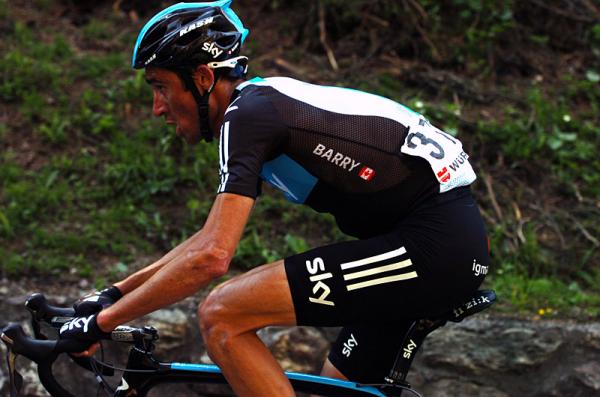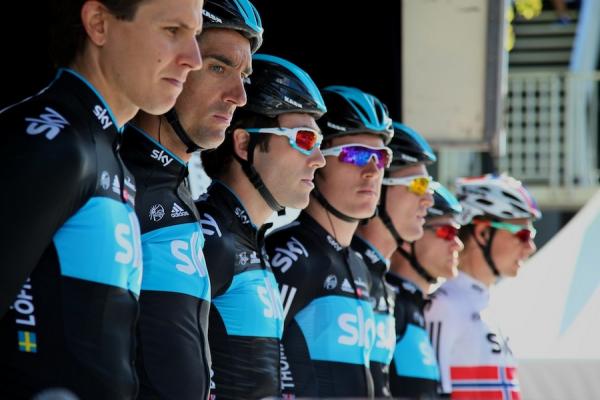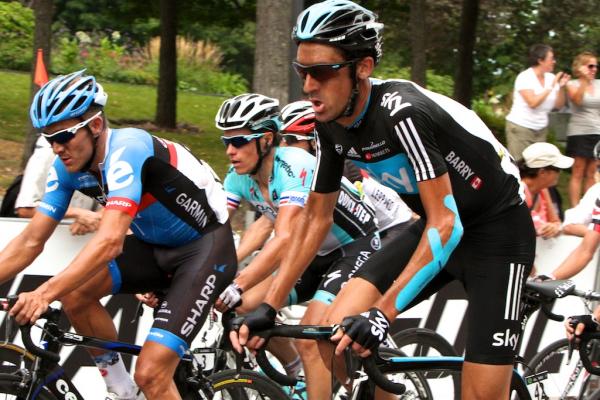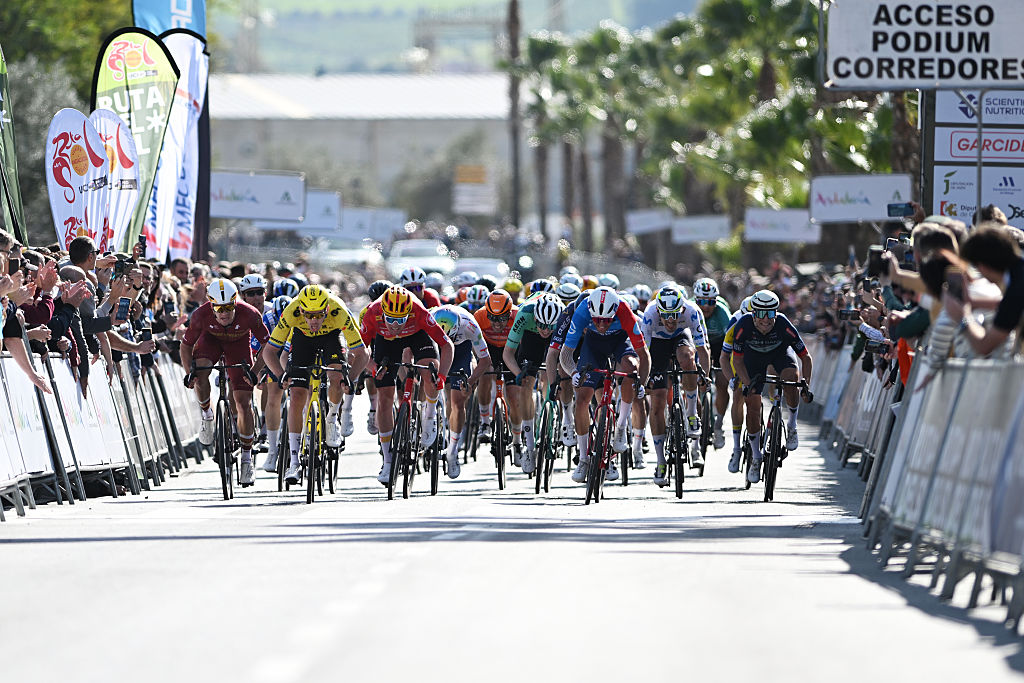Barry calls for changes in pro road cycling
Shared TV revenue, safer races and an anti-doping culture are needed
The latest race content, interviews, features, reviews and expert buying guides, direct to your inbox!
You are now subscribed
Your newsletter sign-up was successful



Michael Barry, formerly of Team Sky, called for change in professional road cycling in an essay written by him and published in the New York Times on Monday. Five days ago, Barry publicly confessed to doping from 2002 to 2006, during his tenure at the US Postal Team. He had previously confessed to USADA during its doping investigation of Lance Armstrong.
"Professional cycling needs to be completely restructured," wrote Barry, who urges cycling to follow the path of other pro sports... The evolution must persist. The sport cannot continue to risk crushing our children's dreams and damaging lives."
Barry said that pro teams should share in the revenue from television rights as a way to help balance out the loss of sponsorship money that can come suddenly when a team doesn't earn enough points to keep its position in a World Tour. He envisions a league in which "teams are stable and sustainable and all profits are shared".
He notes that another problem with the current system is the ongoing mandate for racers to compete at a high level throughout a long season. "The constant pressure to perform and to survive results in poor judgment and bad advice. When teams and riders are in constant survival mode, ethical lines are easily crossed."
Barry points out instances in his own career when he raced but probably shouldn't have - when injured or ill - due to the pressure to collect ranking points. He describes the culture of the sport during his youth and early pro years as one in which "doping was tolerated or even encouraged".
He mentions the toll of the ever-lengthening season raced by the pros. "Most of us are away from home for roughly 200 days a year and race 90 days. At home we continue training, resting one or maybe two days a week. The off-season, when we can let our bodies rest and recover, is vanishing." He describes how some racers cope with this demanding lifestyle by using sleeping pills and painkillers handed out freely by team doctors.
His essay comes after news emerged last week that he had doped while part of the US Postal Team. Barry admitted his use of performance enhancing drugs and accepted punishment that revoked his past results from May 13, 2003 through July 31, 2006, and included a suspension starting September 10, 2012. Barry retired, effective after his last race, the GP de Montreal, on September 9, 2012.
The latest race content, interviews, features, reviews and expert buying guides, direct to your inbox!
The USADA reasoned decision was not the first time Michael Barry was accused of doping. In May of 2010, Floyd Landis leveled charges of past doping at Barry. Both the Canadian Cycling Association and his Team Sky responded with intentions to look into the allegations. At the time, Barry proclaimed his innocence regarding past alleged infractions, and he continued to race for Sky for the next two years.
In today's New York Times article, Barry writes, "Although I accept full responsibility for my decision to follow that path, the problem was endemic and involved people on every level of the sport, most of whom profited far more than the riders. Many cyclists, who came from families living below the poverty line, saw doping as a way to survive and to make a living that exceeded what they could make on the farm or one that, at the very least, beat unemployment benefits."
The Canadian cites better testing and increasing public opinion against doping as things which have helped clean up the sport. "For six years I have raced clean and performed. Many of my teammates, whom I am confident were also clean, won at the highest level. But there is still work to be done."
However, he says the UCI has not done enough, even after the 1998 Festina Affair prompted more serious anti-doping measures.
Barry offers some additional non-doping-related suggestions for improving the sport, too, such as making races safer. He points to Formula One racing, which has become "safer and more sustainable after Ayrton Senna's death in 1994". He proposes that listening more to the racers could help effect changes to improve safety and other rider concerns.
The problem in the current system, according to Barry, is that "Cyclists give in to the power above because if we speak too loudly, we risk losing our tenuous jobs; many team managers have the same fears. If we speak too loudly, we are reprimanded for damaging the image of the sport that feeds us, a sport we love. So, we follow the line and feed the culture that will eventually be our ruin."
Barry ends by calling on federal governments to help force change, saying that such action is within their realm due to cycling's use of public infrastructure in its events.
He ends on a positive note, calling cycling a sport for all people. It can be watched freely and has plenty of health benefits for those participating. "Professional cycling helps encourage people to ride to work, to pedal away in the gym or to tour the countryside. It is a sport that belongs to us all."
Responding to Barry's recent confession and essay, a Team Sky spokesman told the Telegraph on Monday, "Though we are saddened by the revelations about Michael's early career, he is doing the right thing by admitting to his past and helping the sport to a clean future."

